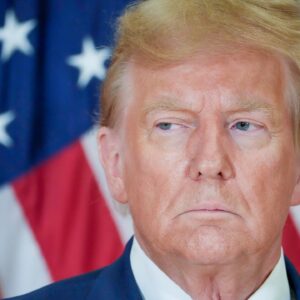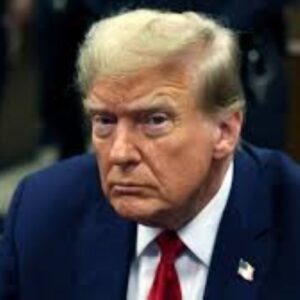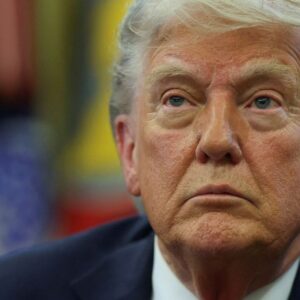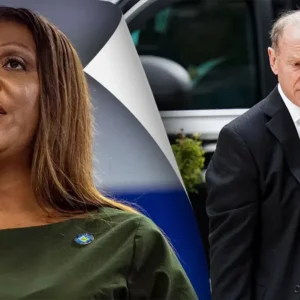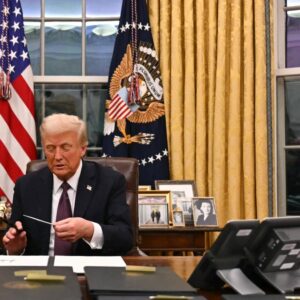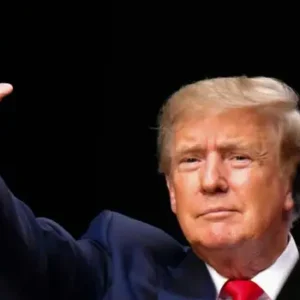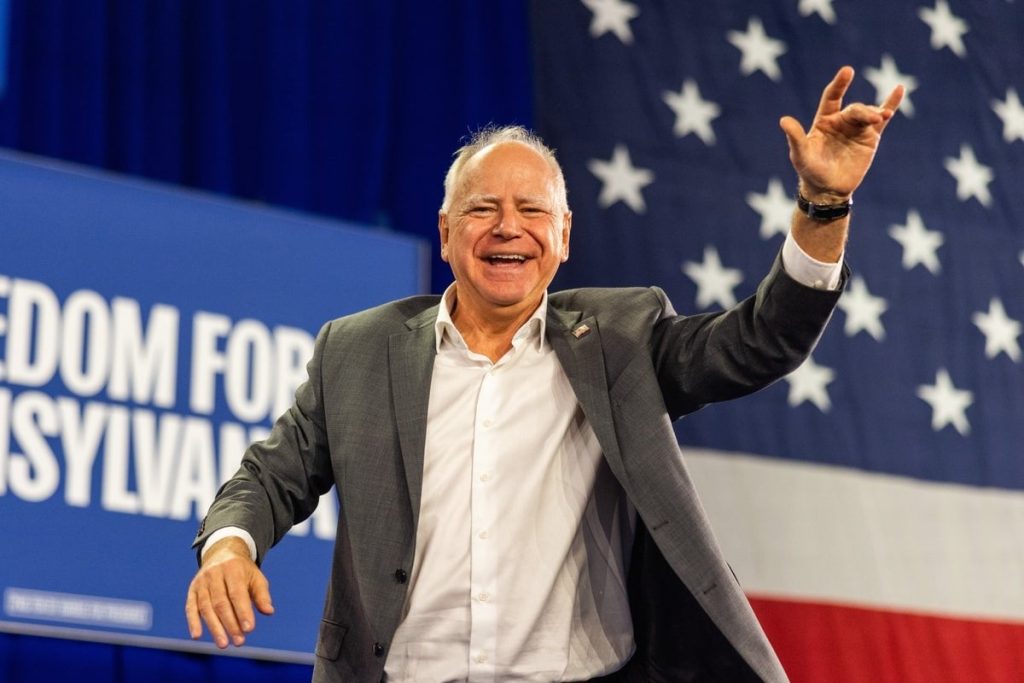
Tim Walz’s Potential 2028 Presidential Run: A Comprehensive Analysis
As the political landscape evolves post-2024, Minnesota Governor Tim Walz has emerged as a figure of interest regarding the 2028 U.S. presidential election. While not officially declaring his candidacy, Walz’s recent statements and actions suggest he is contemplating a run. This article delves into the factors influencing his potential bid, examining his political background, public reception, and the broader implications for the Democratic Party.
Background and Political Trajectory
Tim Walz, a member of the Democratic-Farmer-Labor (DFL) Party, has served as Minnesota’s governor since 2019. Prior to his gubernatorial tenure, he represented Minnesota’s 1st Congressional District in the U.S. House of Representatives for 12 years. His political career is marked by a focus on education, healthcare, and veterans’ affairs, aligning with progressive values that resonate with a significant portion of the electorate.
In 2024, Walz was selected as the vice-presidential running mate for then-presidential candidate Kamala Harris. The ticket ultimately lost to Donald Trump, a defeat that Walz has acknowledged as personally impactful. Reflecting on the loss, Walz stated, “It was my job to get this one… that’s what weighs on me personally.” This experience, while disappointing, has not deterred him from considering future political endeavors.
Statements Indicating Presidential Ambitions
Walz has recently indicated openness to a 2028 presidential run. In an interview with The New Yorker Radio Hour, he remarked, “If I feel like I can serve, I will. And if nationally, people are like, ‘Dude, we tried you and look how that worked out,’ I’m good with that.” He further emphasized, “If I think I could offer something… I would certainly consider that.” These comments suggest a willingness to enter the presidential race, contingent upon the political climate and his assessment of his ability to contribute effectively.
Additionally, Walz has ruled out running for the U.S. Senate seat in Minnesota, currently held by Tina Smith, who is not seeking re-election in 2026. He expressed a preference for gubernatorial duties over returning to Congress, citing frustrations with legislative gridlock. This decision allows him to maintain a focus on state-level governance while keeping the door open for a national campaign in 2028.
Public Engagement and National Profile
Since the 2024 election, Walz has actively engaged with the public through a national town hall tour. This initiative targets Republican congressional districts, aiming to raise his national profile and address issues pertinent to a broad electorate. The tour has drawn attention and enthusiastic crowds, indicating a receptive audience to his message. However, it has also faced criticism from some Minnesota Republicans, who argue that Walz is neglecting local duties such as the state budget. Walz defends his actions, stating he remains engaged with Minnesota’s public through scheduled events.
His focus during these engagements includes discussions on public education, LGBTQ+ rights, and social security—issues that resonate with many Democratic voters. By addressing these topics, Walz positions himself as a candidate attuned to the concerns of diverse communities, potentially broadening his appeal in a national election.
Critiques and Challenges
Despite his efforts to bolster his national profile, Walz faces criticism from within his party. Democratic strategist Dan Turrentine has expressed skepticism about Walz’s viability as a presidential candidate, citing his perceived lack of national stature and the challenges associated with defending the Biden-Harris administration’s record. Turrentine’s assessment underscores the internal divisions within the Democratic Party regarding potential 2028 contenders.
Moreover, Walz’s tenure as governor has not been without controversy. His handling of the 2020 Minneapolis riots received mixed reviews, with some praising his calm demeanor and others faulting his response to the unrest. These events continue to influence public perception of his leadership abilities, which could impact his prospects in a national race.
Strategic Considerations for a 2028 Campaign
Should Walz decide to pursue the presidency in 2028, several strategic considerations will be paramount. First, he must assess the political landscape to determine whether his progressive platform aligns with the electorate’s priorities. Second, building a robust national campaign infrastructure will be essential, leveraging his gubernatorial experience and national tour to establish a broad base of support.
Additionally, Walz will need to navigate the competitive Democratic primary field, which may include other prominent figures such as California Governor Gavin Newsom. Differentiating himself through policy proposals and leadership style will be crucial in securing the nomination.
Conclusion
Tim Walz’s potential candidacy in the 2028 presidential election represents a significant development in the Democratic Party’s future trajectory. His blend of executive experience, progressive values, and engagement with national issues positions him as a noteworthy contender. However, internal party critiques and past controversies present challenges that he must address to galvanize support.
As the political landscape continues to evolve, Walz’s actions and decisions in the coming years will be pivotal in shaping his path toward a potential presidential bid. His journey underscores the dynamic nature of American politics, where emerging leaders continually redefine the contours of electoral competition.

